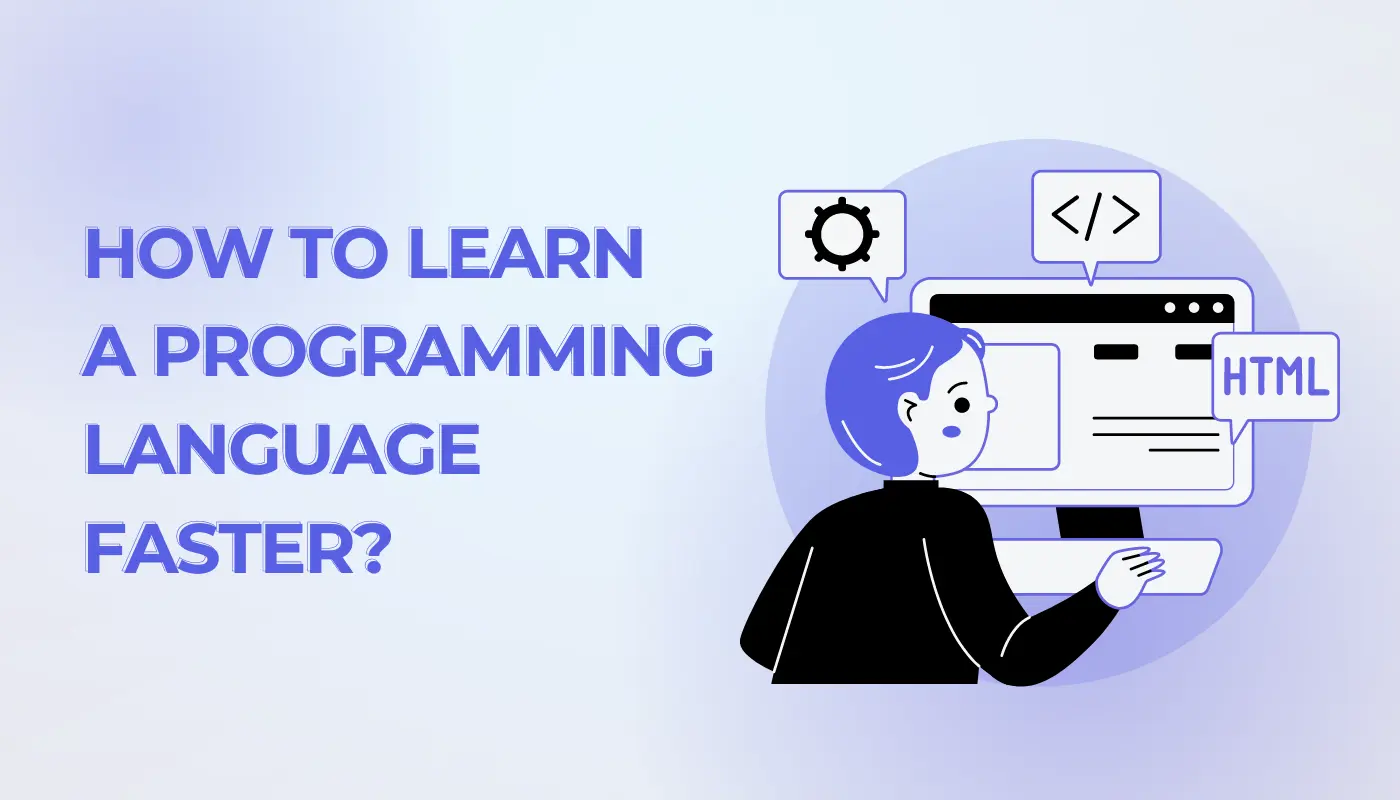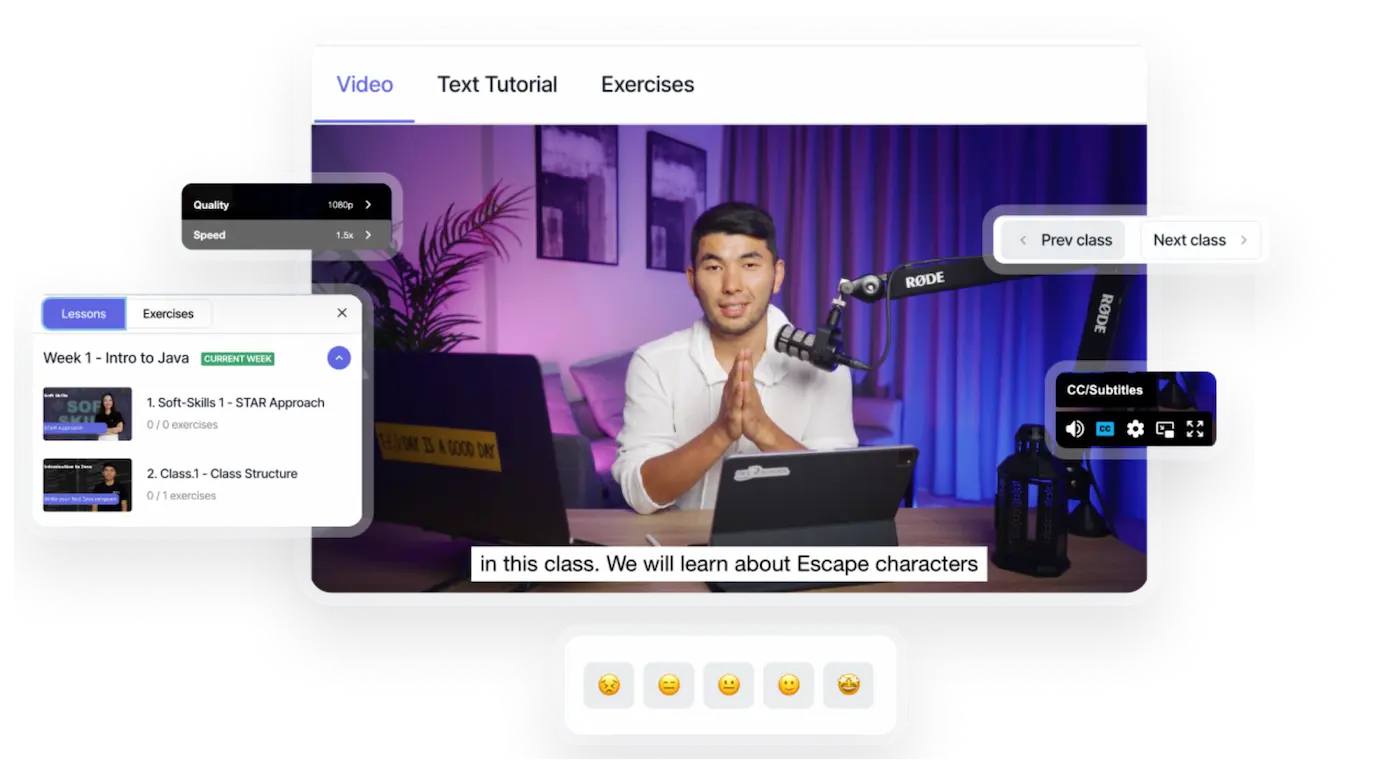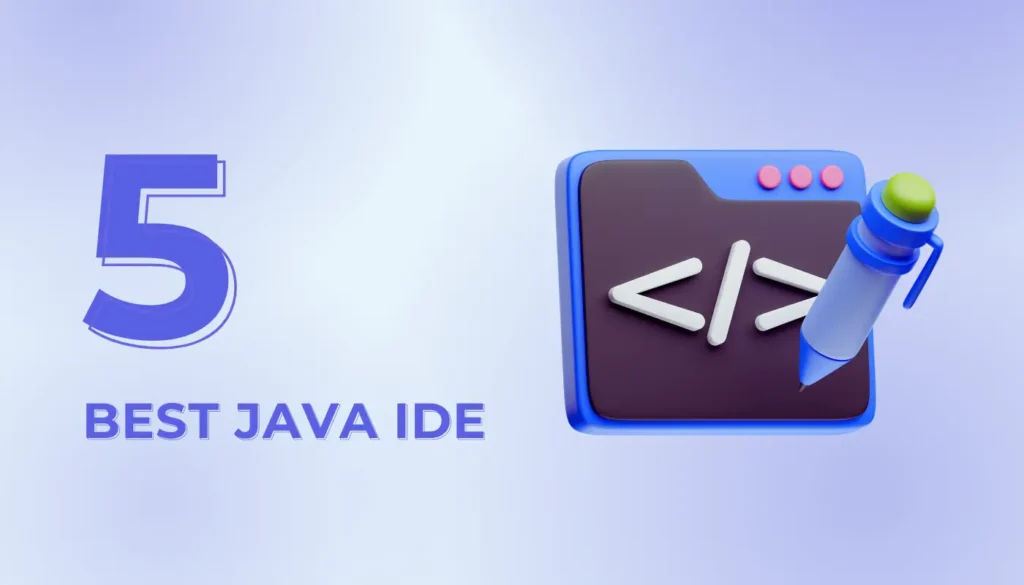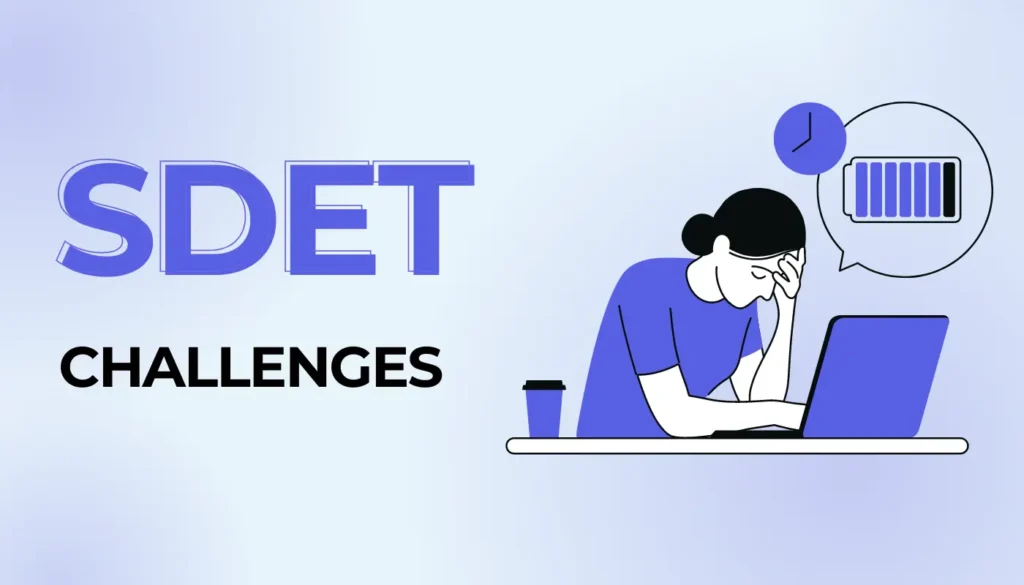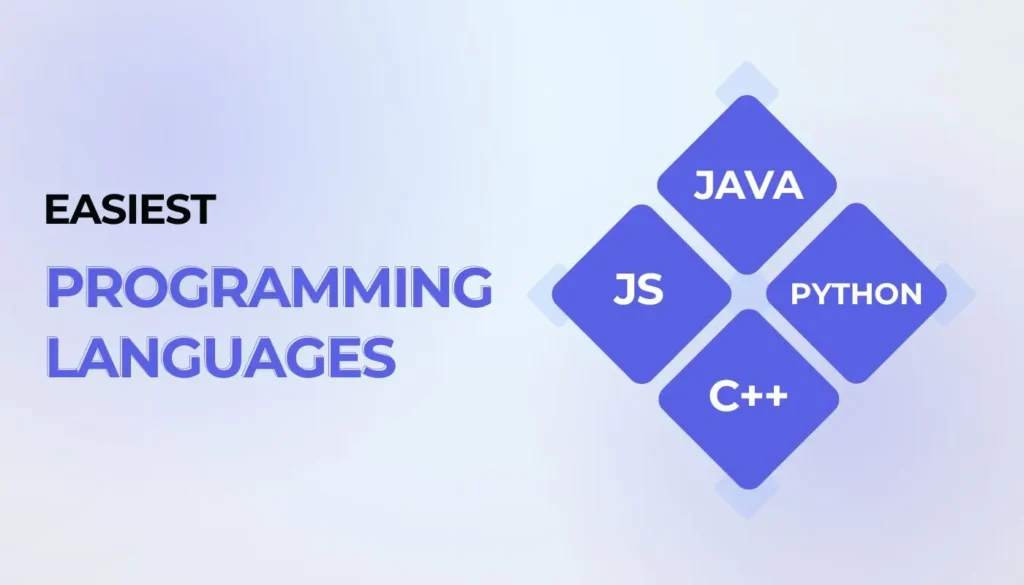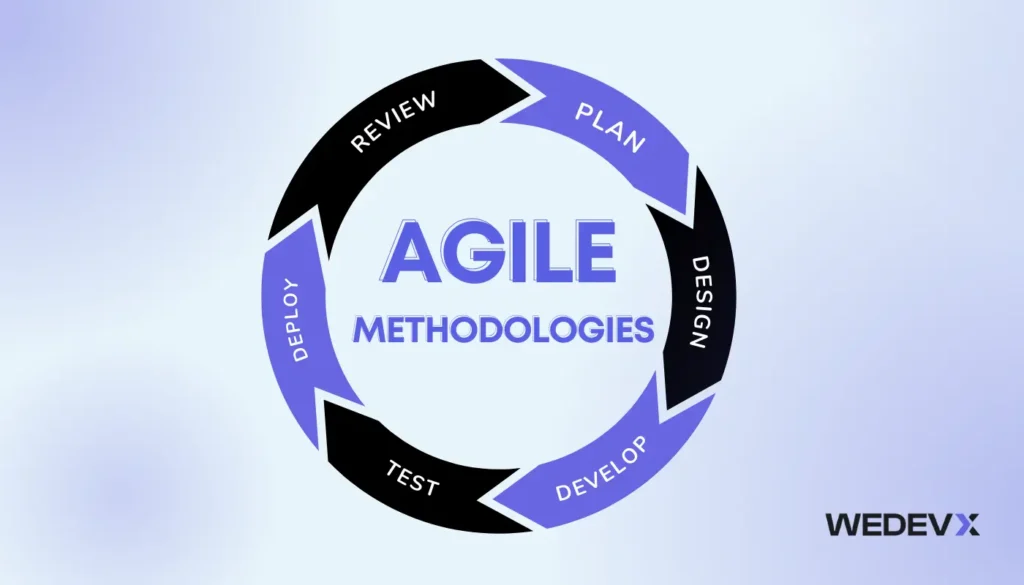In the dynamic realm of programming, the ability to learn a new language efficiently is a valuable skill. Whether you are a seasoned developer expanding your toolkit or a newcomer eager to grasp the fundamentals, adopting effective strategies can significantly expedite the learning process. In this guide, we explore practical tips and approaches to help you navigate the intricacies of a new programming language swiftly.
And remember, depending on your goals, some programming languages may be more suitable than others. Research what language is most commonly used in the industry you’re interested in or what language is best suited for the project you want to work on.
1. Understand Your Learning Style
Begin by recognizing your preferred learning style. Whether you’re an auditory learner who benefits from listening, a visual learner who thrives on graphics and charts, or a kinesthetic learner who learns by doing, tailoring your approach to your style enhances comprehension. Experiment with various resources like online tutorials, textbooks, or coding challenges to identify what resonates best with you. There are plenty of learning platforms nowadays that offer a free trial, so you shouldn’t spend much (if any at all) money at the start of your education.
2. Immerse Yourself in Practical Projects
Practice regularly. Keep in mind a famous quote:
I fear not the man who has practiced 10,000 moves once, but I fear the man who has practiced one move 10,000 times. – Bruce Lee
It is relatively easy to become a Jack of all trades, but you will be a master of none. Choose something, and keep practicing with it, until you master it effortlessly.
Theory alone can be insufficient when acquiring a new programming language. Engage in hands-on projects that align with your interests. Building real-world applications not only reinforces theoretical concepts but also provides a tangible sense of achievement. Platforms like GitHub offer repositories with diverse projects suitable for learners at different levels. Remember that practical experience always beats extensive theoretical knowledge in this field. You have to code, be able to traverse your and most importantly, someone else’s work confidently, and be able to test things out and get decisive results.
AI POWERED
CODING PLATFORM
- DEVXAI ASSISTANT
- 300+ CODING EXERCISES
- REAL-LIFE CODING EXERCISES
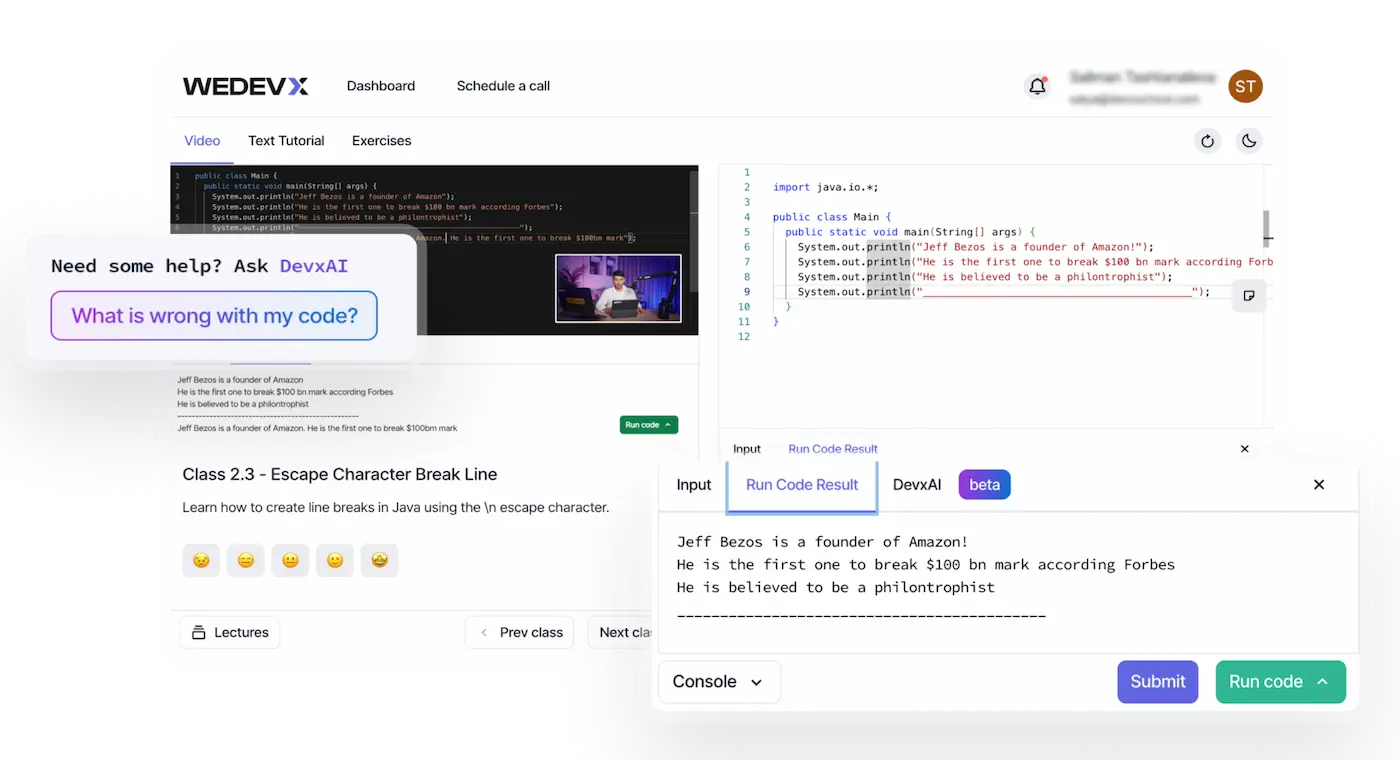
3. Leverage Online Learning Platforms
Tap into the plethora of online learning platforms that cater specifically to programming languages. Platforms such as WEDEVX, Codecademy, Udacity, and Coursera offer interactive courses, providing a structured learning path. Look for courses that emphasize practical application and offer opportunities for coding exercises and projects. The best thing about online learning is that you don’t have to go anywhere, so you cut down on commute, and most of the platforms provide pre-recorded video courses, which means that you don’t have to attend them at a specific date and time of a day, which nicely resolves any scheduling issues. You can literally be a driver by day, a student-programmer by night, and vice versa!
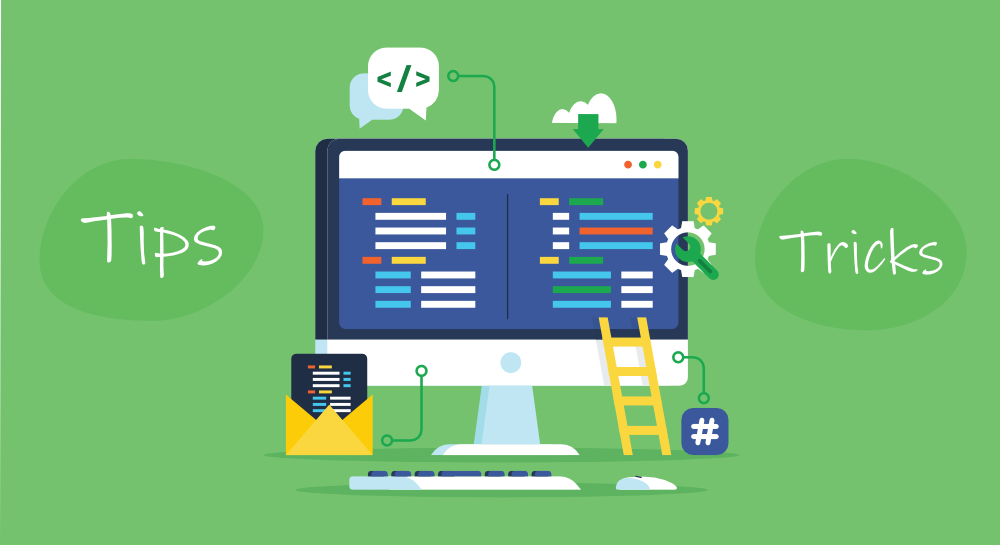
4. Join Coding Communities
Being part of coding communities provides a supportive environment for learning. Platforms like Stack Overflow, Reddit’s programming communities, or language-specific forums offer spaces to seek advice, share experiences, and learn from others. Engaging with the community exposes you to diverse problem-solving approaches and best practices. Sometimes when you search for an answer to some specific issue, you can add to your search query “How to solve ABC + Reddit” and you’ll find pretty helpful replies there (solutions to world hunger or very niche topics are not guaranteed). The most hilarious example of such a use case scenario was when a developer was looking for a solution for a very specific issue on the Internet, and found it at some forum on a very old thread. To his surprise, the author of this thread was the guy himself! He completely forgot that after some time.
5. Utilize Wedevx SDET BootCamp Resources
For those aiming to delve into the Software Development Engineer in Test (SDET) domain, leveraging Wedevx SDET BootCamp resources can be invaluable. The platform offers comprehensive courses, hands-on projects, and a community of learners and professionals. Take advantage of Wedevx‘s expertise to enhance your proficiency in the chosen programming language.
6. Embrace the Pomodoro Technique
Efficient learning requires focus and breaks. The Pomodoro Technique involves focused work sessions (typically 25 minutes) followed by a short break. This method optimizes concentration and prevents burnout, allowing for sustained and productive learning. If that doesn’t cut the cake for you, try different intervals. Any task can be seen as insurmountable at first, but after you cut it into 10 (or 100) small sub-tasks, things may just become a little easier for your brain to process! Another thing that psychologists recommend is to reward yourself, with something small, like break-time, candy bar or a cigarette (we don’t endorse smoking), and something substantial (get a movie ticket, grab something nice, etc) if you complete your long-term goal! Just remember to stay on top of your dopamine rush and don’t let it control you.
7. Build a Strong Foundation
Prioritize understanding of the foundational concepts of the new language. A solid understanding of basic syntax, data structures, and control flow lays the groundwork for more complex topics. Many learners make the mistake of rushing into advanced topics without mastering the fundamentals, leading to confusion later on.
8. Challenge Yourself with Coding Exercises
Regularly challenge yourself with coding exercises and puzzles. Platforms like HackerRank, LeetCode, and Exercism.io provide a plethora of exercises catering to various difficulty levels. These challenges enhance problem-solving skills and deepen your understanding of language-specific nuances.
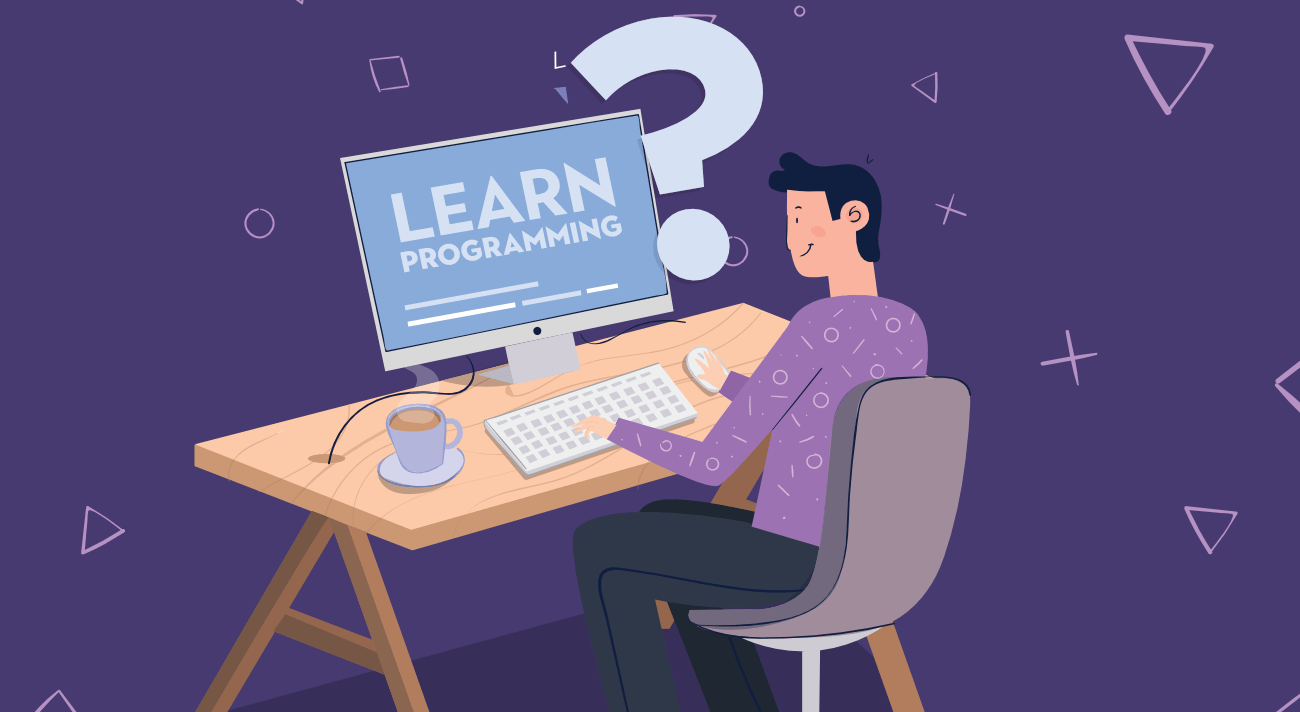
9. Document Your Learning Journey
Maintaining a coding journal or blog documenting your learning journey is a powerful reinforcement tool. Explain concepts in your own words, share challenges faced, and celebrate victories. The act of articulating what you’ve learned solidifies your understanding and can be a valuable resource for others.
10. Stay Consistent and Patient
Learning a new programming language is a marathon, not a sprint. Consistency is key, and patience is your ally. Set realistic goals, celebrate small victories, and acknowledge that the learning curve might include plateaus. Stay committed to the process, and over time, you’ll witness substantial progress.
Conclusion
Mastering a new programming language requires a strategic and adaptive approach. By understanding your learning style, immersing yourself in practical projects, leveraging online resources, joining coding communities, utilizing specialized platforms like Wedevx SDET BootCamp, and incorporating effective techniques, you can accelerate your journey to programming proficiency. Remember, the learning process is unique to each individual, so embrace the challenge with curiosity and perseverance.
Remember, learning a new programming language is a journey. Don’t rush the process and don’t get discouraged if you don’t understand something right away. With patience and persistence, you’ll get there.
FAQ
- What’s the most efficient method for acquiring a new programming language?
Apply Knowledge by Building Real-Life Projects.
Align the Programming Language with Your Objectives
Find Reliable and Engaging Learning Materials.
Persist in Continuous Learning and Enhancement.
Establish a Practical and Regular Study Routine.
Diversify Learning Resources and Techniques.
- How do I start learning a new programming language?
Begin by choosing a language aligned with your goals, find reliable learning resources, and establish a consistent study routine.
- How long does it realistically take to learn programming?
The duration to learn programming varies, but dedicating consistent time and practice can yield proficiency in a few months to a year, depending on complexity and prior experience.
